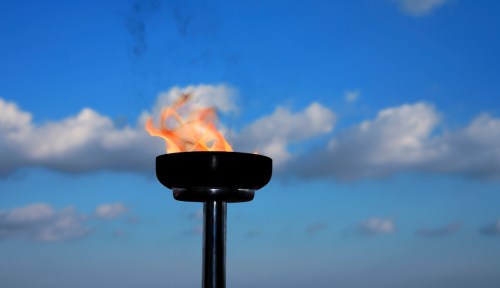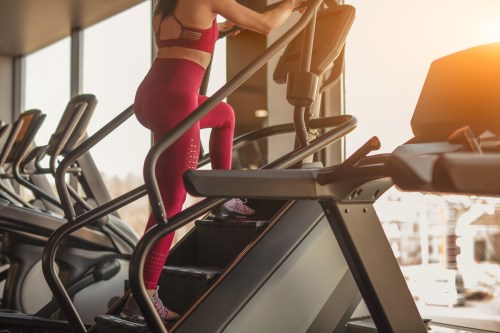When Olympic gymnast Simone Biles withdrew from the women’s gymnastics team competition finals during the 2021 Tokyo Olympics, she set a new gold standard for the games. “I have to focus on my mental health and not jeopardize my health and well-being,” said Biles, a survivor of sexual abuse by Larry Nassar, the former doctor for USA Gymnastics. “It just sucks when you are fighting with your own head,” she added. With those words, Biles not only changed the face of the gymnasts, she ensured that an athlete’s mental health would never be placed on the back burner again. The 2022 Winter Games start in T-1 day, and even though Biles, Naomi Osaka, and other Games–changing figures won’t be present, the Olympic committee has put new measures in place to ensure that athletes are physically and mentally fit.
Experts in This Article
Leading up to the competition, the International Olympic Committee (IOC) has taken a couple of major steps to make sure athletes feel psychologically supported in the Olympic Village. First, with the launch of Athlete365, a publicly-available online toolkit for Olympians centered around mental well-being that includes expert advice, stories from athletes, and a 24/7 mental health line. This is a truly valuable resource when you consider that an estimated 35 percent of athletes undergo mental health crises that may lead to anxiety, disordered eating, burnout, or depression. The IOC has also stated that psychologists and psychiatrists will be onsite at the Olympic Village to come to athletes’ aid. “Each National Governing Body’s sports psychologist will be on the ground in Beijing, moving between the different villages but available for all athletes,” says Women’s Alpine Head Physical Therapist, Torey Anderson, PT, DPT. She adds that Olympians will also have access to other “emergency mental health resources,” free memberships to meditation app Headspace, and a mental health hotline.
USA Olympic skier Bella Wright says that after dealing with a broken Talus bone in December and recovering just in the nick of time to compete, she’s feeling “all the things” as she gears up for Beijing. “COVID-19 has definitely added a lot of stress to our competitions and especially big events like the Olympics. We are all in our own bubbles and trying to stay as healthy as possible to be able to compete at the highest level,” she says.
Although Wright hadn’t arrived at the Olympic Village at the time we spoke, she says that—thus far—she does feel like the IOC and Team USA is taking strides to protect all the athlete’s mental well-being. “I feel like everyone has been very attentive to the athletes’ mental health, and been providing a lot of recourses for anyone who would like to take advantage of those. We have had a lot of different emails, Zoom calls, and presentations on how to access these mental health recourses,” she says. Jason Brown, an Olympic figure skate for Team USA, agrees that mental health seems to be a high priority for the Games this year. “The US Figure Skating [team] also has a team psychologist coming to Beijing,” he says.
Brown, who took home a bronze medal following the 2014 Winter Olympics in Sochi, knows firsthand that these mental health resources can make a huge difference—particularly when you’re competing at an international level. “I just want to reemphasize the importance of mental health at the Games. During the Olympics there are so many emotions to process, so much energy thrown at you, expectations from others and yourself, and love sent to you in the most amazing way from all over the world,” he says. “It’s so important to have ways to bring yourself back down to earth.”
Only time will tell if athletes’ mental health truly takes center stage—not just at the Olympic games, but at the high school, college, and professional level as well. As with many issues facing sports today, the solutions have to meet the problems where they exist—at a systemic level. And while mental health resources aren’t a holistic solution, they are a start. For now, both Wright and Brown intend to make the most of the competition ahead of them. “I believe everyone who is going to the Games is ready to just experience a lifelong childhood dream, and I just feel really grateful to have the opportunity to be able to compete regardless of all the challenges,” says Wright.
Oh hi! You look like someone who loves free workouts, discounts for cutting-edge wellness brands, and exclusive Well+Good content. Sign up for Well+, our online community of wellness insiders, and unlock your rewards instantly.
Sign Up for Our Daily Newsletter
Get all the latest in wellness, trends, food, fitness, beauty, and more delivered right to your inbox.
Got it, you've been added to our email list.











